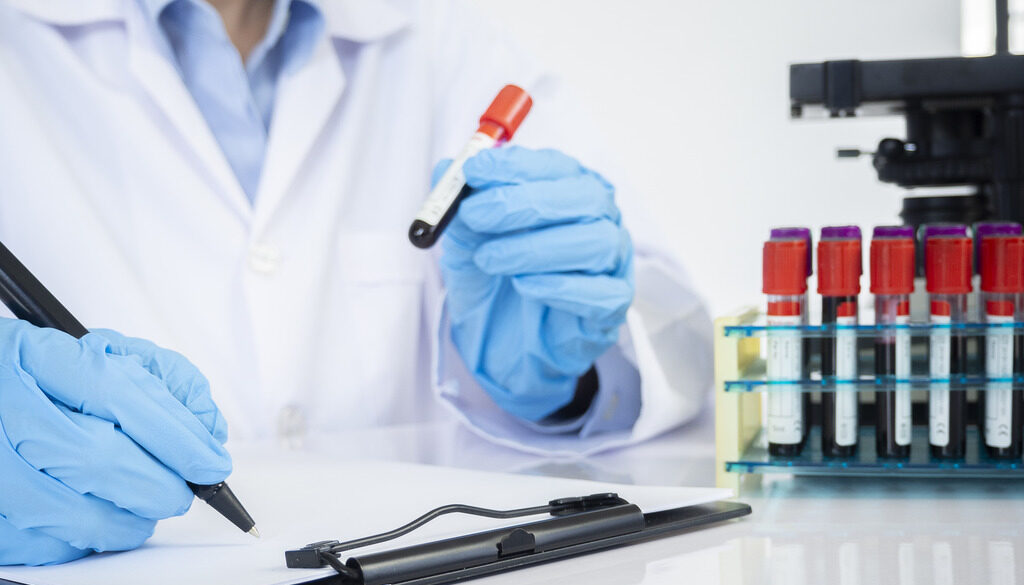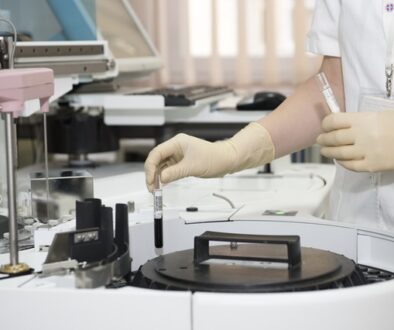How Do Clinical Trials Work? The Information You Need
Every vaccination and medication (whether over-the-counter or prescription) that enters your life had to pass a series of safety requirements before it could be brought to market, and a clinical trial was a vital step in that process.
But what is a clinical trial? And how do clinical trials work? We’ll examine these and other common questions about how a clinical trial may be able to help you.
What is a Clinical Trial?
Clinical trials are vital research studies that evaluate new therapies or medications. The trial is designed to measure the effectiveness of the treatments as well as monitor for any side effects that might occur. The bottom line is that clinical trials pave the way for new developments that can help fight diseases.
To help ensure the safety of clinical trial participants, researchers must adhere to very strict protocols and provide extensive information about the scope, purpose and length of the trial. Every clinical trial follows a detailed plan, called a protocol.
But how do clinical trials work, and what are the various phases they go through? We’ll look into these questions.
How Do Clinical Trials Work?
All medical breakthroughs, treatments and innovations began as an inspired idea. Coupled with science, this idea grew and took hold. As researchers evaluated the merits of the concept, a treatment plan or new medication emerged.
The key to discovering how clinical trials work is the journey medication takes from the lab to the pharmacy –it is a long and detailed one. Likewise, certain treatment protocols and innovations take years before they become best practices. Therefore, the best way to understand how clinical trials work is to follow the journey of a new treatment from its conception in the lab to its completion in a clinical trial.
We’ll take you step-by-step through this journey of how clinical trials work, providing vital information you need along the way. Each facet of a clinical trial is considered a phase. Once successful laboratory studies have been completed, and the United States Food and Drug Administration has given approval, a medication can begin human clinical trials.
Phase 1 Clinical Trials
The focus of this level of trials is to find the dosage of the medicine that is high enough to be effective, but safe enough to not cause side effects. All researchers keep careful watch for any severe reactions.
Phase 1 clinical trials are given to a small group of people, usually only around a few dozen. Phase 1 clinical trials typically focus on healthy participants to first determine whether medicines and vaccines are safe for use in patients and whether there are any side effects. An exception to this rule would be medications used for certain conditions, such as cancer treatment/oncology.
How Do Clinical Trials Work? Moving to Phase 2
During phase 2, researchers evaluate the effectiveness of the medication or treatment in reaching the goals outlined earlier. Patients are treated using the dosage or treatment that was found to be most promising in the Phase 2 portion. This phase involves a larger group of 25 to 100 people
Phase 3 Trials
Phase 3 introduces a new facet of the process: The new medicine or treatment is evaluated to see if it is better than those already available. To do so, researchers conduct randomized and double-blind studies. This means that participants are picked at random who will receive either the regular treatment or the new treatment. Double-blind means that neither the patients nor the physicians know which patients are getting the new or older treatment.
These studies last longer than those in Phase 1 or 2 and may involve several hundred patients. Sometimes placebos are used.
If the Phase 3 clinical trials meet all the goals outlined in the study and demonstrate that the treatment can be safely used, then a new drug application must be submitted to FDA, which then decides whether or not to approve it.
How Do Clinical Trials Work: Progressing to Phase 4
But that’s not the end of the journey. There’s still another facet to clinical trials. The FDA continues to monitor these medicines, carefully seeing if the treatment still reaches the original goals outlined for it, including whether or not it continues to perform better than other treatments on the market.
This is also an opportunity to further explore any side effects that may occur after the medication has been in use for an extended period of time.
Accellacare Research Trials and Raleigh Medical Group
Raleigh Medical Group is pleased to partner with Accellacare, a leading organization that conducts clinical trials that help innovative medical solutions reach the market. Accellacare has locations across the country in North Carolina, South Carolina, Tennessee and Illinois.
If you are interested in participating in a clinical trial, or learning more about how clinical trials work, just let one of our internal medicine physicians in Raleigh know, and we’ll guide you through the process.
Additional Information About Clinical Trials Through Raleigh Medical Group and PMG Research
Interested in learning more about clinical trials? Check out our other web pages for additional information:
What Is a Clinical Trial? 5 Questions to Ask Before Joining One
Can a Clinical Research Trial Help You? 4 Things to Consider
Frequently Asked Questions About Clinical Trials



